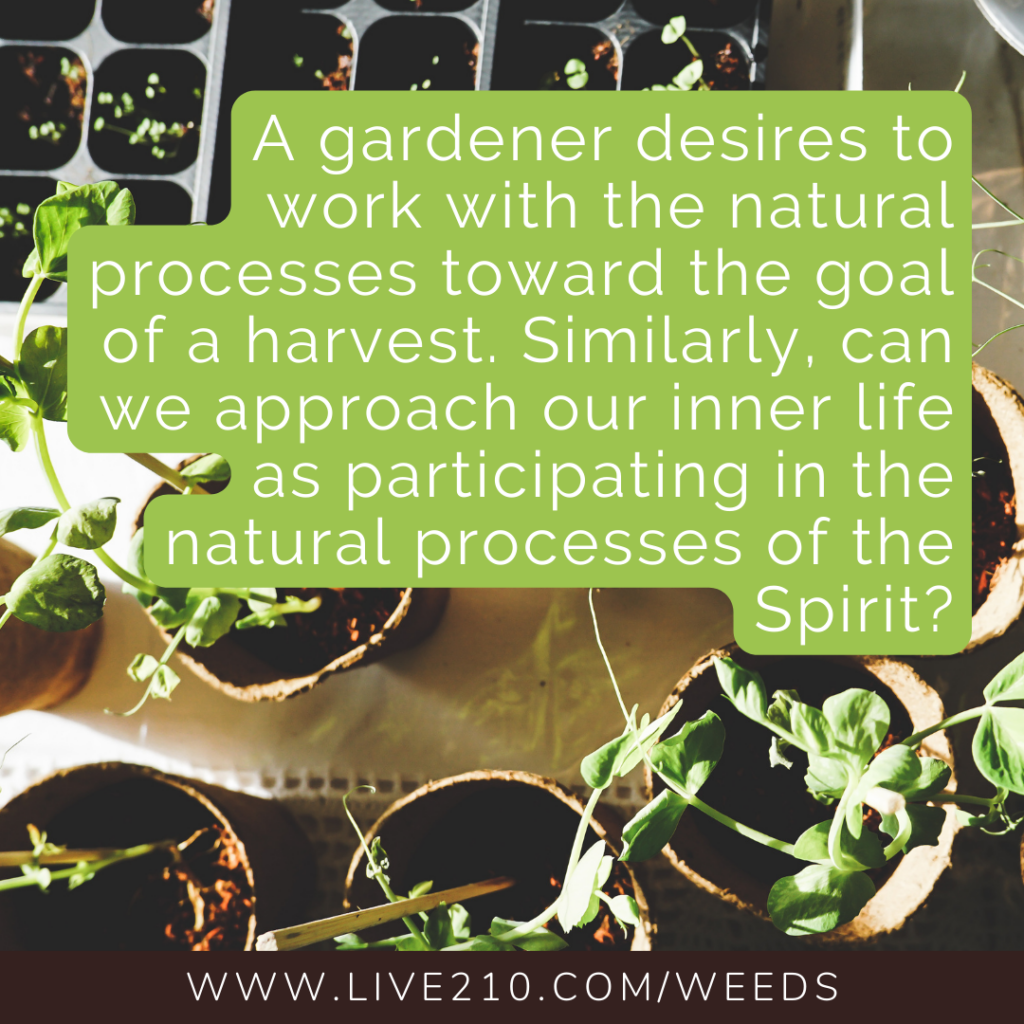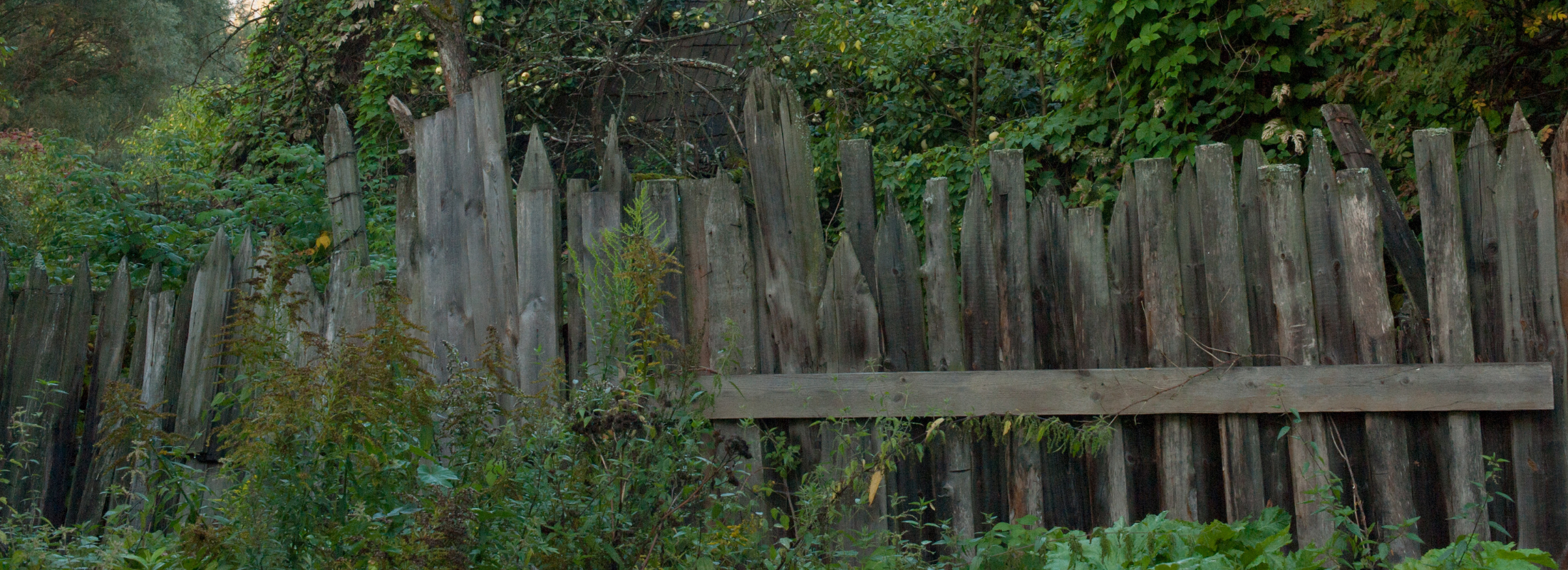I’ve been working to remove unhelpful metaphors from my thinking these days. In our accomplishment-focused, hustle-paced world, many of our central metaphors are mechanistic. We’re thinking of our hearts and our minds like machines, or assembly lines, or computers. These metaphors, however, do us harm because we are not machines.
A quick recap. A few posts back, I invited you to think of your inner life as a garden. If gardening is the central metaphor for our inner lives, what might that mean for us?
This metaphor opens up several better ways to think about our health and growth. Like with a garden, many factors of our inner life are outside of our control. We don’t get to dial in the wind, determine when the rain comes, or even choose the soil we started with. Like with a garden, there is work to be done, but those tasks—like watering, weeding, and applying fertilizer—nurture growth but don’t guarantee or control it.
Then, I invited you to consider the tools in your “gardening shed.” Self-care, spiritual practices, and emotional growth practices are like these garden tools. But consider the implications of this metaphor. Like with a garden, no one tool is perfect for every situation. Instead, gardeners use the right tool for the job. This has gracious and freeing implications. For instance, reading scripture is one tool for spiritual formation, but just like a bag of fertilizer, it can’t solve every problem. In this way, growing spiritually requires learning which tools serve in which ways and paying attention to what our hearts need.
Volunteer Tomatoes & Overgrown Weeds.
Today, I’d like to offer one more implication of this metaphor. Gardens don’t happen by accident. At least, they don’t happen well. Sure, volunteer tomatoes or wild strawberries might spring up along the side of the driveway. That happens, but without care, those volunteer plants can be weak and wilty, bearing less fruit than they could. Even when a particularly strong volunteer springs up, it’s often in a place where the fruit can’t readily be enjoyed.
On the other hand, we’ve all seen gardens that once were well-tended but now are left to their own devices. Without thoughtful care, certain plants run wild, crowding out other less hardy plants. (Looking at you, Zucchini.) Weeds rapidly come to dominate, choking out more fragile growth. Eventually, the garden becomes difficult to enter, and any harvest is left entirely to chance.

Personal and spiritual growth works similarly. Of course, we grow in some ways without intention. Life happens; we process it. That changes us. Sometimes even for the better. Unintended, serendipitous spiritual experiences stick with us and shape our view of ourselves, the world, and God. This “volunteer fruit” is a testament to grace. God works in the most unexpected places; sometimes, we benefit from that!
But just like that garden, if we don’t tend to our inner weeding and pruning, our inner life can also become overrun. Our heart becomes crowded with cares, distractions, and the unprocessed consequences of difficult circumstances. Our usual human propensity to avoid discomfort means that slowly we will come to spend less and less time attending to this inner space because it’s just too difficult to enter. Anyone who has ever had to take over a garden left to run wild can attest: It’s a lot more work to get the whole thing back into order than taking care of it along the way.
If our inner life is more like a garden than a machine, we are invited to be gardeners rather than assembly-line workers. We’re invited to work closely and gently with the soil and circumstances of our hearts. Rather than force ourselves into a one-size-fits-all spiritual practice, we have the invitation to carefully choose the right tools depending on what this season calls for.
If your inner life has run wild, moved by the outward winds of circumstances, the untended inner storms of pain, overgrown with weeds alongside fruit, perhaps this is an invitation for you to enter that space with intention.
A gardener labors with a desire to work with the natural processes toward the goal of a harvest. Can we co-labor with God in this same way? Can we approach our inner life intending to participate in the natural processes of the Spirit?
